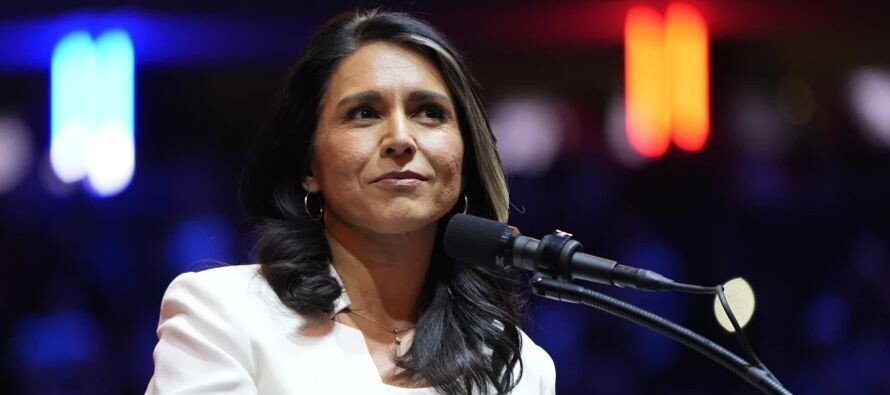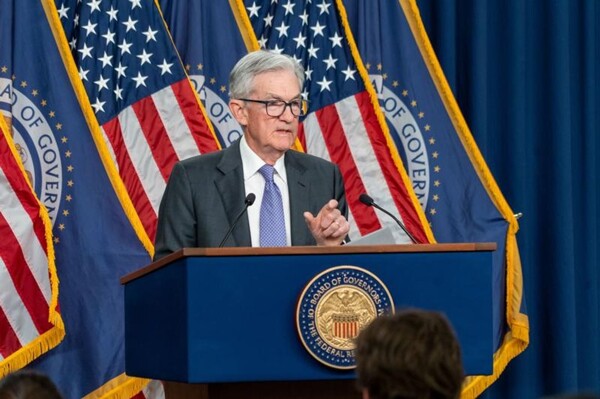
The United States has severed diplomatic relations with Syria and imposed sanctions on Assad for the brutality with which the uprising in the country was suppressed, resulting in 500,000 deaths. Former presidential candidate Tulsi Gabbard was nominated by President Donald Trump to lead U.S. intelligence services.
Gabbard, who previously served in the U.S. military, endorsed Democrat Joe Biden after withdrawing from the presidential race in 2020. Her military background, having been deployed on several missions abroad, has raised some concerns among U.S. allies about how it might affect cooperation and intelligence sharing under the new Trump-led administration.
Gabbard's stance has been questioned due to her comments on Russia and Syria, as well as her meetings with Syrian President Bashar Assad in 2017. The former congresswoman has expressed views that some Democrats consider pro-Russian, which could pose a problem for U.S. national security if she is confirmed for the position by the Senate.
On the other hand, Gabbard has defended her skepticism about military interventions, arguing that her experience in the military has led her to question certain actions. Additionally, she has praised Trump's willingness to meet with global leaders, including autocrats, in the pursuit of peace.
Despite praise from Russian state media towards Gabbard, her positions have generated controversy in the Senate, where her nomination is expected to be discussed. Some Republican senators, such as John Cornyn, have expressed the need to address her views on Russia during the confirmation process.
In summary, Tulsi Gabbard's nomination to lead U.S. intelligence services has raised concerns due to her views on Russia and Syria, as well as her criticisms of U.S. aid policy to Ukraine. Her confirmation in the Senate could trigger intense scrutiny surrounding her political positions and military record.














